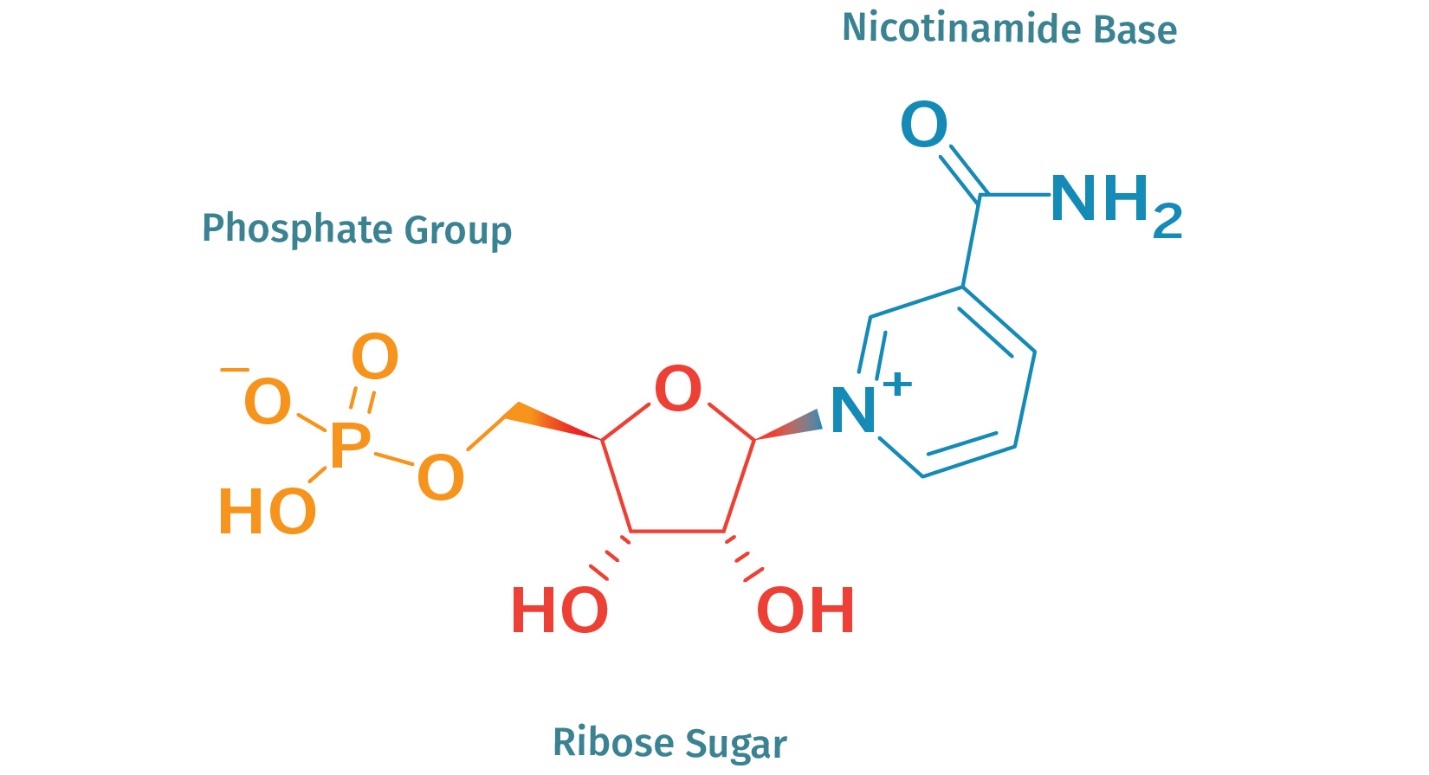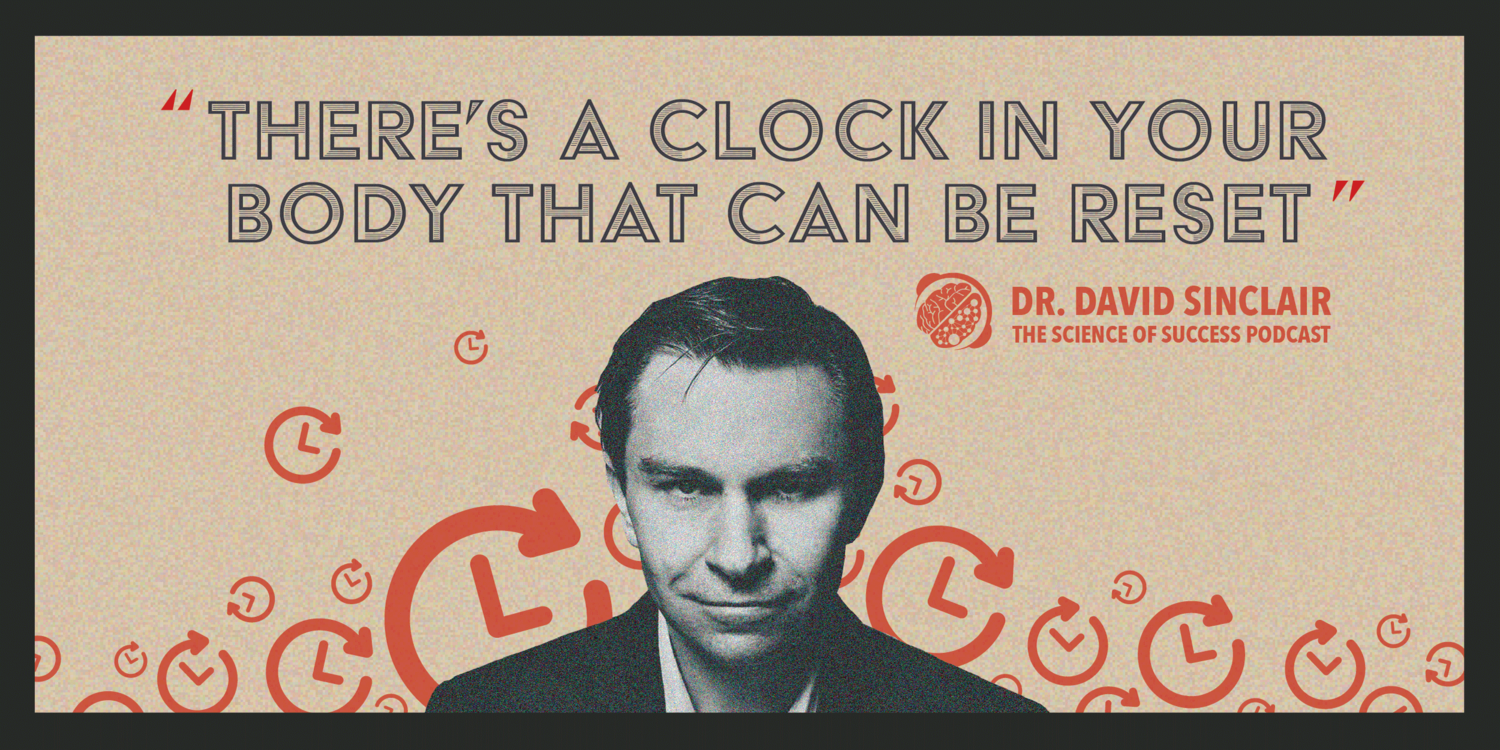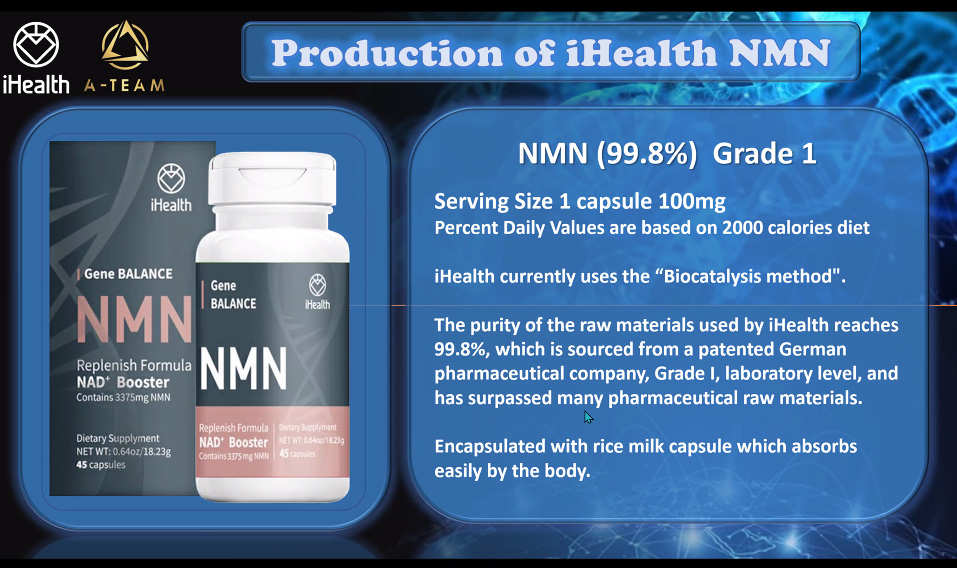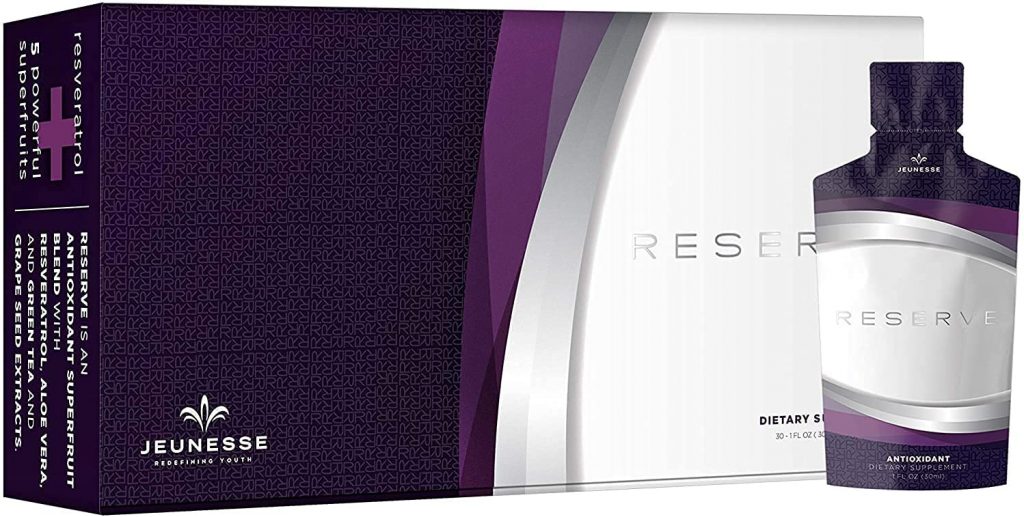Dr. David Sinclair has revolutionized the way that people view aging. As a scientist and pioneer in genetics and longevity research, he’s been listed by TIME as one of the “100 Most Influential People in the World,” has received more than 35 awards and honors, and is currently working as a professor in the Department of Genetics and co-director of the Paul F. Glenn Center for the Biology of Aging at Harvard Medical School.
Sinclair is also the author of a New York Times bestseller, “Lifespan: Why We Age – And Why We Don’t Have To,” published in 2019. His book presents scientific research in a way that is understandable and its inspired people of all ages to strive for a longer, healthier life. 
In his book, he talks about the history of longevity research, current developments and the future of the field. He shares his unique views on aging, which has people rethinking their own outlook on it.
He believes that aging is a disease, it’s treatable and that we can treat it within our lifetimes.
According to Sinclair, “There is no biological law that says we must age.”
Sinclair’s work involves focusing on aging as the cause of most diseases, while figuring out how the process can be slowed down and reversed. He states that people have “longevity genes,” which are built-in defenses against aging.
David Sinclair’s Current Supplement List 2022
- NMN – 1g a day in the morning
- Resveratrol – 0.5g a day with yogurt (in the morning)
- Vitamin D3+K2
- TMG
- Coenzyme Q10
- Quercetin – taken with yogurt
- Fisetin – taken with yogurt
- Metformin (prescription medication) – 1g a day – 0.5 grams in the morning & 0.5 grams at night – except on days when exercising
- Spermidine
- Statins (prescription medication
Metformin Alternative
David Sinclair, along with other prominent longevity experts, takes Metformin, which is a prescription medication commonly used by diabetics. Research shows great potential for other uses. In his recent podcast, Sinclair stated that people on Metformin with diabetes live longer than people without diabetes and not on it, and they’re also protected against diseases. But, for those who aren’t able to acquire a prescription, or would prefer a natural alternative, Berberine may be a better option. Berberine has studies to show that it may have similar effects. It’s been shown to help lower blood sugar and improve cardiovascular health, among other potential benefits.
More Information on the Supplements that David Sinclair Takes
Nicotinamide Mononucleotide (NMN)

In his book ‘Lifespan’, David Sinclair mentions that he takes 1 gram of NMN. This is an obvious choice because recent research has been pointing towards the benefits of taking NAD+ precursors. NMN is the most stable and most reliable nicotinamide adenine dinucleotide (NAD+) precursor available in the market.
The reason that David Sinclair takes NMN is to improve the NAD+ levels in the body. When we age, the NAD+ available to our cells and tissues steadily declines. The latest research shows that by increasing the NAD+ levels available to our body, we can slow down or even reverse the process of aging.
NMN is found in nature, especially in fruits and vegetables like cucumbers, edamame, cabbage, broccoli, and avocados. However, the amount of NMN is too little for us to replenish the depleting NAD+ reserves of our bodies. Most of our NMN comes from vitamin B3 synthesis. Taking NMN supplements allows us to increase the amount of NMN available to our tissues, thus replenishing the lowering levels of NAD+ with age.
While our understanding of NMN and NAD+ is still evolving, research continues to confirm its role in NAD+ production. It is understood that NMN and NR (another NAD+ precursor) are involved in a cycle where NMN gets converted to NR which then goes into the cell to produce NAD+. Recently, a study has discovered an “elusive” NMN transporter that delivers NMN inside the cell. Thus, as we understand NMN better, we find it to be increasingly important in NAD+ production and anti-aging.
Resveratrol
The second supplement mentioned by David Sinclair in his book ‘Lifespan’ is Resveratrol. He says that he takes 1 gram of Resveratrol, along with NMN, in the morning (See Figure – 3).
Resveratrol belongs to a group called polyphenols and is found in over 70 species of plants, including berries and red grapes. Research has found a lot of anti-aging benefits of Resveratrol including its anti-oxidant
properties , anti-inflammation activity, its role in weight loss and cardiovascular health, and its anti-cancer properties . Thus, there are a variety of reasons to consume Resveratrol supplements.
Metformin
David Sinclair also takes the prescription drug metformin. The drug is mainly prescribed to individuals with type-2 diabetes. However, metformin has shown remarkable life-extending properties in mammals and many organisms. Diabetics who take metformin end up living longer than non-diabetes who do not take the drug. With so many benefits, it is obvious why David Sinclair decided to take the drug.
However, metformin does not come without its own set of issues. In the short term, metformin is associated with a range of side effects such as gastrointestinal discomfort and diarrhea. These symptoms decrease in a matter of a few weeks. However, metformin is also associated with higher uptake of Vitamin B12 in the longer run. Metformin is also believed to decrease the benefits of exercise. It also lowers endurance and negatively impacts muscle strength.
While David Sinclair stated that he takes metformin, many others are turning to Berberine as a natural non-prescription alternative. Berberine has the ability to mimic the anti-diabetic properties of metformin while perhaps even outperforming it in enhancing longevity and stabilizing blood sugar.
Vitamins D3 and K2
Vitamin D is necessary for a number of functions, including activating many important genes. A vitamin D deficiency increases the risk of many conditions that speed up the process of aging such as type-2 diabetes, Alzheimer’s diseases, cardiovascular diseases, etc.
As for vitamin K, its benefits are numerous and spread across the body. It is good for mitochondrial and vascular health and also plays a part in improving skin appearance and it works synergistically with Vitamin D.
Fisetin
Sinclair recently said on Twitter that he has been taking Fisetin for over two years. He also cited a study by Yu-Fen Lin and the team, noticing that Fisetin reduces chronic stress in mice.
Fisetin is also credited with removing senescent cells from our bodies. A 2016 study noted the following as benefits of Fisetin: “anti-inflammatory, anti-oxidant, anti-tumorigenic, anti-invasive, anti-angiogenic, anti-diabetic, neuroprotective, and cardioprotective effects in cell culture and animal models relevant to human diseases.” Sinclair believes that Fisetin is important in fighting to age.
Quercetin
Quercetin is a flavonoid contained in many fruits and vegetables like grapes, apples, broccoli, and tomatoes. Quercetin has many antioxidant and anti-inflammatory properties but recently, David Sinclair has stated that he takes it daily as a senolytic.
Quercetin was recently shown to reduce senescent cells in adipose tissue. In another study, it was shown to have an even stronger effect when combined with the chemotherapy drug, Dasatinib. Other benefits of Quercetin include reduced swelling, destroying cancer cells, controlling blood sugar, and helping to prevent heart disease.
Coenzyme Q10
Coenzyme Q10 is a powerful antioxidant that may prevent certain diseases and signs of aging. Specifically, CoQ10 is involved in energy production and can prevent cellular damage associated with aging.
In studies, CoQ10 has been shown to prevent neurogenerative diseases like Parkinson’s, Alzheimer’s, Huntington’s disease, progressive supranuclear palsy, and other forms of dementia. Coenzyme Q10 may help with certain cardiac diseases, including heart failure, atherosclerosis (fatty deposits in the arteries), and coronary artery disease (fatty deposits in the arteries supplying blood to your heart). Sinclair has added CoQ10 to his supplement stack and has mentioned its benefits in several podcasts.
TMG
Trimethylglycine (TMG) — also referred to as betaine or betaine anhydrous — is a compound that consists of glycine with three attached methyl groups. It is produced by the body and is found naturally in beetroot and other foods. TMG can also be found in supplements, sometimes used to enhance athletic performance and improve heart and liver health.
David Sinclair has stated that he takes Trimethylglycine as an insurance policy against the loss of too many methyl groups while taking NMN. When too much NMN is converted to nicotinamide, this excess NAM is excreted out the urine with a methyl group attached, potentially causing levels to run low. Methyl groups are important for synthesizing creatine for muscles and dopamine for the brain. Low levels can be responsible for muscle fatigue and/or depression.
Spermidine
Spermidine is a powerful anti-aging drug that has been shown in studies to extend lifespan in model organisms including yeast, nematodes, flies and mice and has the potential to extend lifespan in humans as well. It does so by inducing a process known as autophagy, the body’s way of cleaning out damaged cells, in order to regenerate newer, healthier ones.
This ability to recycle cells and clear out dead and dying debris is known to have great anti-aging benefits in recent studies, possibly delaying the aging process in humans. David Sinclair has mentioned that he has added this important supplement to his stack in recent podcasts.
Statin
Sinclair has mentioned on Twitter that he also takes a prescription drug known as Statin. He takes it for a cardiovascular condition that is common in his family.
For regular people we suggest NMN & Resveratrol are must take everyday.



